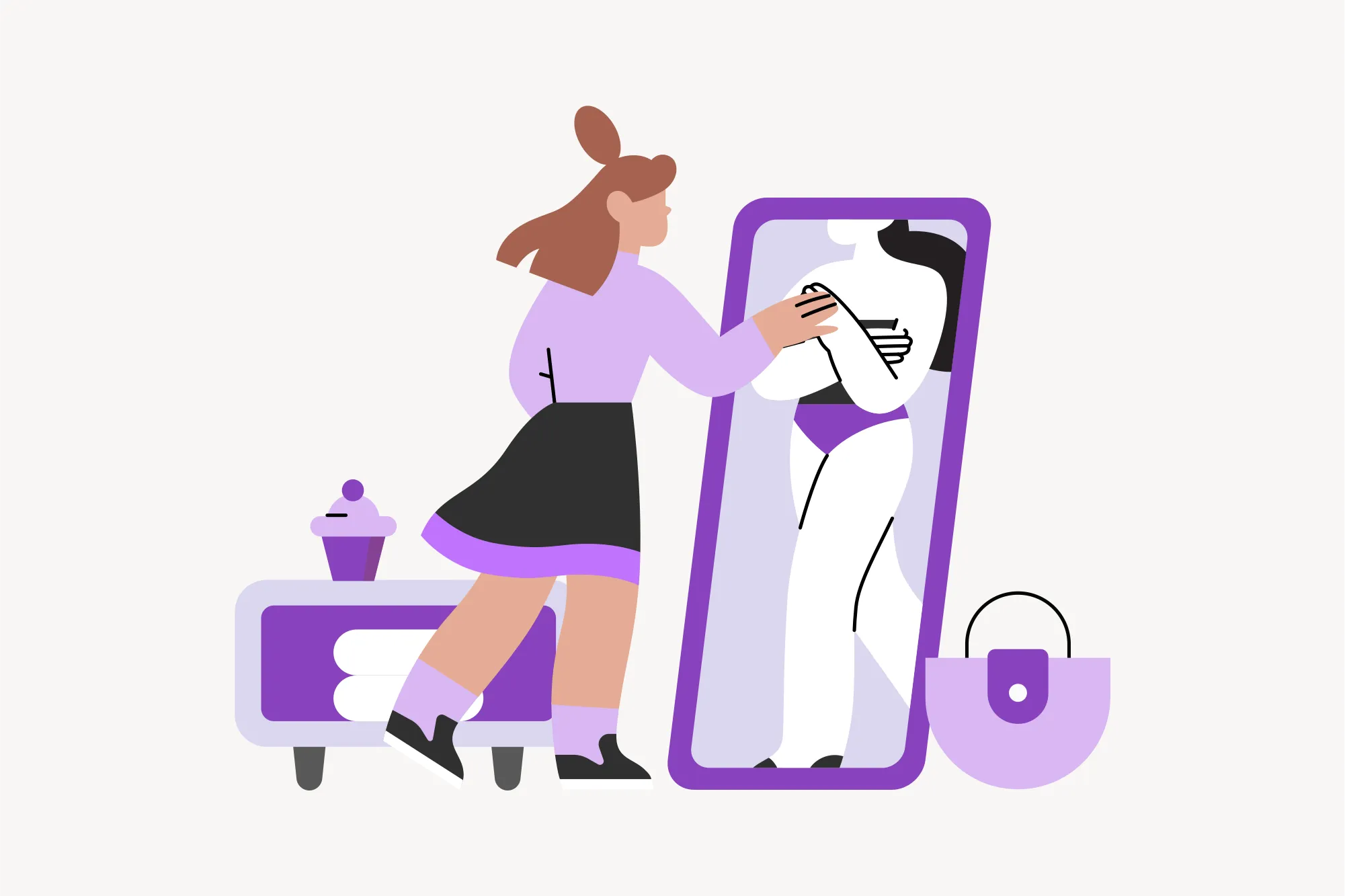1. Create a self-care routine and practice it before the holidays arrive
If you don’t already have one, now is the time to create a morning self-care routine that works best for you and takes your needs into consideration. Maybe you wake up and journal or maybe you do yoga and recite positive affirmations. Whatever it is, commit to doing it every day. Creating this practice will set you up for success when the holidays roll around. And you can turn to this morning self-care routine as a means of grounding even while traveling over the holiday season.
2. Make a support plan
You don’t want to find yourself triggered without a plan in place to help you cope with unwanted emotions or thoughts. Note what coping skills work for you and integrate them into a plan you can turn to in times of need. You might want to call a friend in recovery, recite affirmations, listen to music, have a book on hand to read, or spend some time outdoors.
3. Lean on your support systems
Eating disorders can be isolating enough as it is. Now is not the time to power through the hard times alone. When you are feeling stressed or upset, reach out to trusted members of your recovery community.
4. Create a list of coping statements
In preparation for the holidays, you’ll want to create a list of coping statements and positive affirmations you can use in times of distress. This list will differ from person to person, depending on what statements resonate with you. Here are some examples:
- My well-being doesn’t depend on my weight, size, or shape
- I refuse to define myself by my past
- My self-esteem has nothing to do with what I eat or don’t eat
- I will treat my body and myself with respect, love, and kindness
- I deserve to be happy and to feel fulfilled
- I will nourish my body with delicious and nutritious food
- I don’t need to exercise to earn or burn off a meal
- Every day I am stronger and healthier
- Today and every day, I will stand up for myself
- I will abandon unhealthy and destructive behaviors
- I will appreciate and love myself, just as I am
- I will be patient with myself, even when I slip up
- I will trust the process
- I won’t demand perfection from myself
- I am not defined by my eating disorder
- I will reach out for help when I need it
- I can’t control others, but I can control my outlook and my attitude
- I won’t compare myself to others
- I will release the negative thoughts and feelings that don’t serve me
- I am not a failure if I return to old habits
- Every day is a chance to grow and heal
- I will take the time to appreciate myself
5. Practice self-compassion and radical acceptance
Radical acceptance involves accepting your reality, both the good and the bad, including your eating disorder journey. You can’t change the fact that you are in eating disorder recovery and have had a broken relationship with food and eating in the past. What you can change is your attitude about it—you can grant yourself grace, compassion, and forgiveness. Self-compassion involves responding to mistakes with the kindness you may reserve for a loved one.
6. Have an exit plan
Though you have a support plan, there may be times your coping strategies don’t work or you aren’t able to properly use them. That’s why it’s important to have an exit plan you can use to separate yourself from a triggering situation. Ask your loved ones where holiday meals are going to take place in advance so you can create a strategy for escaping. This may look like excusing yourself to take a call or go on a walk. Use this time to refocus and ground yourself.
7. Practice mindfulness and gratitude
Prior to the holidays, if you don’t do this already, try to begin approaching every meal with mindfulness and gratitude. Mindful eating involves using all your senses to experience the meal. It involves taking your time and noting the texture, scent and taste of what you’re eating and noticing how you feel while eating, both good and bad feelings without judgment. You can also take this time to express gratitude for where the food came from, those who prepared it, and the fact that you have food to nourish and fuel your body.
8. Return to treatment, if necessary
Eating disorder recovery is not a linear path. It’s different for everyone, and sometimes we experience slip-ups or return to old patterns of eating and movement. And that’s okay. What’s important is that we recognize when we need professional treatment. Returning to eating disorder treatment doesn’t mean we’ve failed; it simply means we need extra support right now. And recognizing that is a form of self-care and self-love.



























